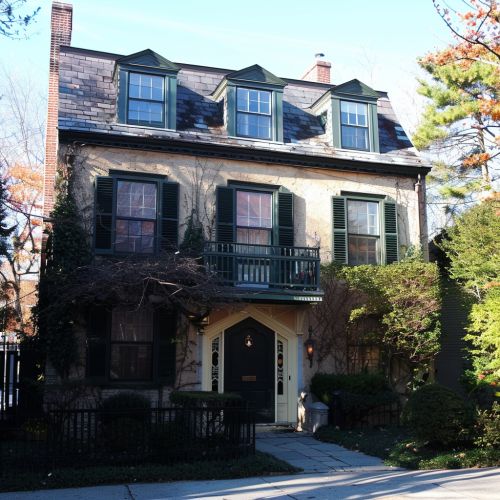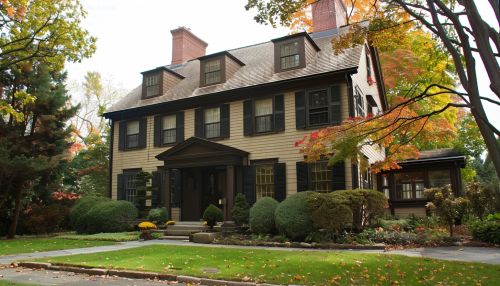John F. Kennedy
Early Life
John Fitzgerald Kennedy, commonly known as JFK, was born on May 29, 1917, in Brookline, a suburb of Boston. He was the second son of Joseph Patrick Kennedy, Sr., a wealthy businessman and politician, and Rose Elizabeth Fitzgerald Kennedy, a socialite and philanthropist. JFK was the second of nine children in a family that was of Irish descent and Roman Catholic faith.


He attended the local public school, Edward Devotion School, until he was enrolled in a Catholic boys' preparatory school, the Noble and Greenough Lower School, in 1927. He later attended the Choate School in Connecticut, where he graduated in 1935. He then went on to attend Harvard University, where he graduated in 1940 with a Bachelor of Arts in government.
Military Service
During World War II, JFK served in the U.S. Navy. He commanded a series of PT boats in the Pacific theater and earned the Navy and Marine Corps Medal for his service. His older brother, Joseph Kennedy Jr., did not survive the war, which elevated JFK's importance within the family.
Political Career
JFK's political career began in 1946 when he was elected to the U.S. House of Representatives, representing Massachusetts's 11th congressional district. He served in the House for six years before being elected to the U.S. Senate in 1952. As a senator, JFK gained a reputation as a political moderate and a consensus-builder.
In 1960, JFK won the Democratic nomination for president and went on to defeat the Republican nominee, Vice President Richard Nixon, in one of the closest elections in U.S. history. At the age of 43, JFK was the youngest man ever elected president and the first Roman Catholic president.
Presidency
JFK's presidency, which lasted from January 20, 1961, until his assassination on November 22, 1963, was marked by significant events and initiatives. These included the Bay of Pigs Invasion, the Cuban Missile Crisis, the establishment of the Peace Corps, the Space Race, the African American Civil Rights Movement, and early stages of the Vietnam War.
Assassination
JFK was assassinated on November 22, 1963, in Dallas, Texas. He was riding in a motorcade in Dealey Plaza when he was shot by Lee Harvey Oswald. JFK's assassination was a shocking event that marked a turning point in U.S. history and has been the subject of numerous investigations and conspiracy theories.
Legacy
JFK is often ranked highly in public opinion polls of U.S. presidents, although his short term in office and the lack of substantial legislative achievements have led some historians to question his effectiveness as a president. Nevertheless, his charisma, inspirational speeches, and youthful vigor continue to resonate with the American public.
